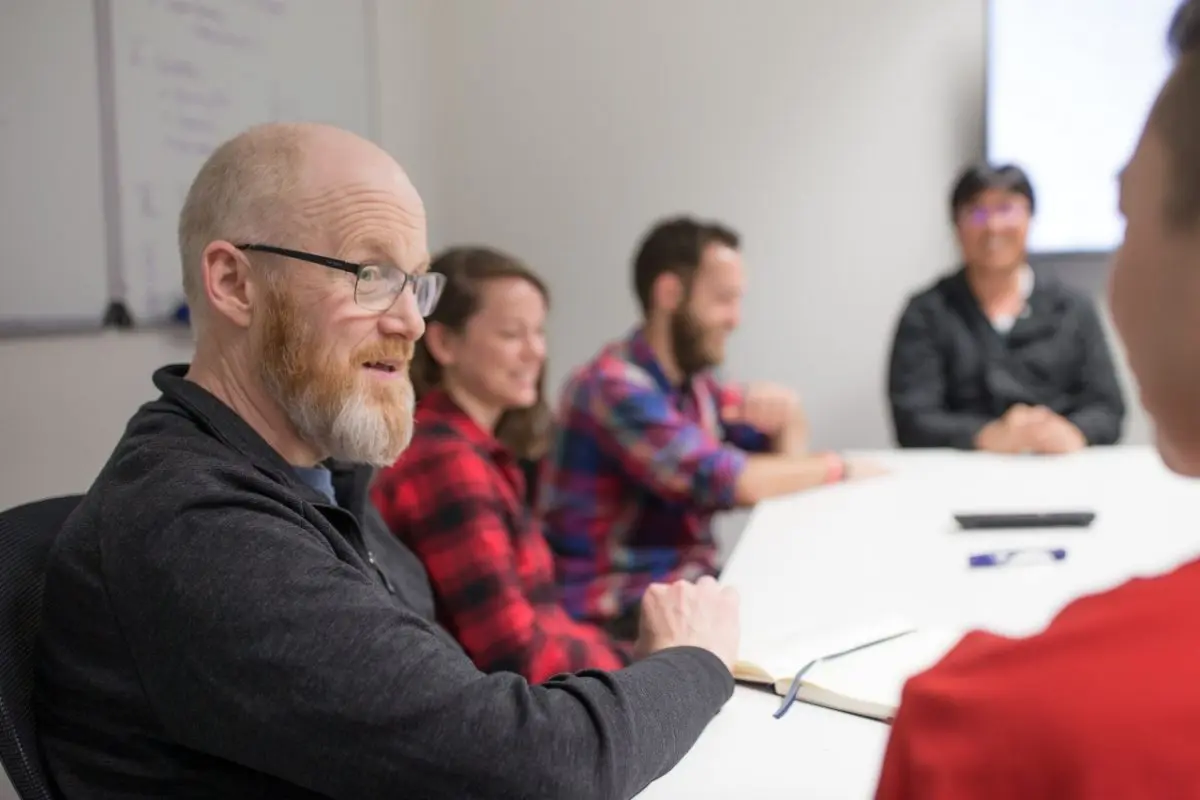Rowan Cockett, Seequent’s Director of Cloud Architecture, will be presenting with Lindsey Heagy on Deploying a Reproducible Course: how open source tools can be used to create interactive textbooks for geophysics at JupyterCon in New York City. This includes some of the work on Visible Geology (a Seequent product) and is part of the Distinguished Instructor Short Course with the Society of Exploration Geophysics. Learn more about their talk here.
Jupyter is a open source web-based platform that supports math, science, and engineering tools, along with interactive communication and visualisation resources. Essentially, it’s a platform that enables computing capabilities in your web browser, online or offline – and it’s poised to be the next big player in visual data-science. The Jupyter platform currently supports over 40 programming languages. Jupyter’s flagship project is the Jupyter Notebook, an open source web application where you can create and share interactive documents containing code, equations, visualisations, and text.
Mike Loukides, Vice President of Content Strategy at O’Reilly Media writes:
“Jupyter Notebooks are revolutionizing the way engineers and data scientists work together. If all important work is collaborative, the most important tools we have are tools for collaboration, tools that make working together more productive. The code runs on a server, and the results are turned into HTML and incorporated into the page you’re writing. That server can be anywhere: on your laptop, behind your firewall, or on the public internet. Your page contains your thoughts, your code, and the results of running the code.
Code is never just code. It’s part of a thought process… This is particularly true for data analysis, but it’s true for almost any application. Jupyter lets you build a “lab notebook” that shows your work: the code, the data, the results, along with your explanation and reasoning. As IBM puts it, Jupyter lets you build a “computational narrative that distills data into insights.” Data means nothing if you can’t turn it into insight, if you can’t explore it, share it, and discuss it. Data analysis means little if you can’t explore and experiment with someone else’s results. Jupyter is a tool for exploring, sharing, and discussing.”
Franklin Koch, Computational Geophysicist at Seequent, will be attending tutorials on Jupyter Lab (a desktop-grade computing environment delivered through a web-browser) and Jupyter widgets. Franklin will be taking this knowledge and adapting it to enhance View, as we will be supporting data upload from Python in future releases.
